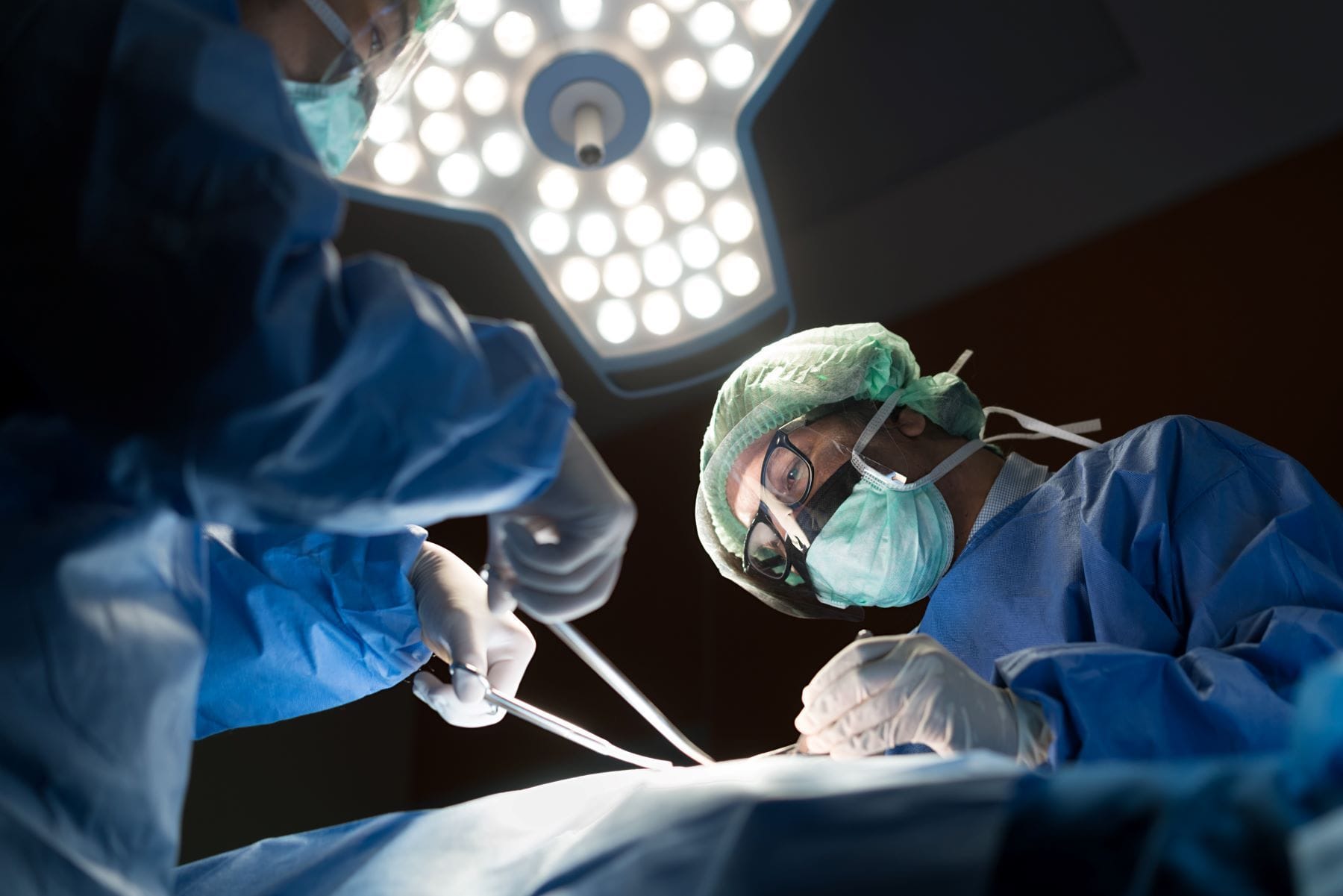Orthopedic Surgery Expert Witnesses: A Guide for Attorneys
Orthopedic surgery expert witnesses clarify causation, care standards, and treatment validity in complex injury litigation—key to building or challenging high-stakes cases.
Updated on
In this article
Orthopedic injuries are frequently at the heart of complex litigation, particularly in personal injury, medical malpractice, and product liability cases. These cases often involve extensive medical records, conflicting expert opinions, and high-value claims. For attorneys, navigating this landscape requires more than a surface-level understanding of musculoskeletal medicine. It requires precise, evidence-based testimony that can withstand legal scrutiny. Orthopedic surgery expert witnesses provide the clinical insight necessary to clarify liability, causation, and damages.
Interpreting Complex Surgical Evidence
From spinal fusions to total joint replacements, orthopedic procedures are highly technical and often individualized. Determining whether a surgical outcome reflects medical error or a known risk demands a nuanced understanding of both clinical protocols and surgical anatomy. Orthopedic expert witnesses can evaluate imaging, review operative notes, and offer informed opinions about whether treatment adhered to the prevailing standard of care.
These experts are particularly valuable in cases where alleged negligence involves intraoperative decisions, delayed diagnoses of post-surgical complications, or departures from evidence-based practice. Whether serving the plaintiff or defense, their testimony can help reconstruct what occurred, why it occurred, and whether the result was preventable.
Determining Causation Amid Preexisting Conditions
Many claimants in orthopedic litigation present with chronic conditions—degenerative disc disease, osteoarthritis, or prior orthopedic surgeries—that complicate the question of causation. Plaintiffs must establish that the defendant’s conduct directly caused or aggravated an injury, not merely coincided with a preexisting ailment. In these instances, orthopedic experts are essential in tracing the onset of symptoms, interpreting radiographic findings, and differentiating between acute trauma and longstanding pathology.
This type of analysis is often central to case strategy. A persuasive expert can substantiate that a traumatic event triggered a new condition—or conversely, that the claimant’s complaints reflect nothing more than natural disease progression.
Disputing Injury Exaggeration and Chronic Conditions
On the defense side, orthopedic expert witnesses are frequently retained to evaluate the validity of an injury claim. This may include assessing for symptom exaggeration, malingering, or the presence of preexisting impairments unrelated to the incident. They may conduct independent medical examinations, review the claimant’s prior medical history, and offer testimony regarding the plausibility of reported limitations.
Such testimony often proves critical in cases where plaintiffs allege permanent disability, loss of earning capacity, or future surgical needs that are not clearly supported by objective findings.
Assessing Treatment Necessity and Cost
In litigation involving medical expenses, orthopedic experts are often called upon to evaluate whether the treatments rendered—or those proposed—were clinically reasonable and necessary. This includes surgical interventions, physical therapy regimens, pain management strategies, and durable medical equipment. The expert’s role is to distinguish between what was medically indicated versus what may have been excessive, elective, or outside standard orthopedic care.
Their insights can inform damages calculations, counter inflated billing, and provide courts with a benchmark for fair compensation.
Supporting or Challenging Life Care Plans
Orthopedic prognosis plays a pivotal role in shaping long-term care projections. In personal injury and catastrophic injury cases, life care planners often rely on orthopedic expert input to determine what future care—surgeries, physical therapy, assistive devices—will be required over the plaintiff’s lifetime. The accuracy of such projections depends heavily on whether the underlying orthopedic diagnosis is stable, progressive, or potentially operable.
Expert orthopedic testimony not only grounds these plans in medical reality but also helps courts and juries evaluate their feasibility and cost-effectiveness.
Analyzing Device Failures in Product Liability
Implantable orthopedic devices such as artificial joints, spinal implants, or fixation hardware can fail due to design flaws, manufacturing defects, or surgical misuse. In product liability litigation, orthopedic surgery experts are indispensable in distinguishing among these potential causes. They evaluate whether the surgeon followed appropriate placement protocols, whether the implant’s failure mode is consistent with design defects, and whether the failure resulted in patient harm.
Such testimony is often essential in apportioning liability between the manufacturer and the surgical team, particularly in multidistrict litigation involving medical devices.
Locating Qualified Orthopedic Expert Witnesses
The utility of an orthopedic expert ultimately depends on their qualifications, specialization, and ability to communicate persuasively. Attorneys must consider not only board certification and clinical experience but also the expert’s familiarity with the legal process and deposition protocol. In complex or high-value cases, it may be necessary to consult more than one orthopedic subspecialist—such as spine surgeons, hand specialists, or sports medicine experts—to address different facets of the dispute.
For attorneys seeking qualified orthopedic expert witnesses across subspecialties, streamlined access to credible, court-tested professionals can be a decisive advantage. Services that match experts to case-specific issues—based on clinical experience, geographic needs, and litigation history—can save critical time while strengthening a case’s evidentiary foundation.


